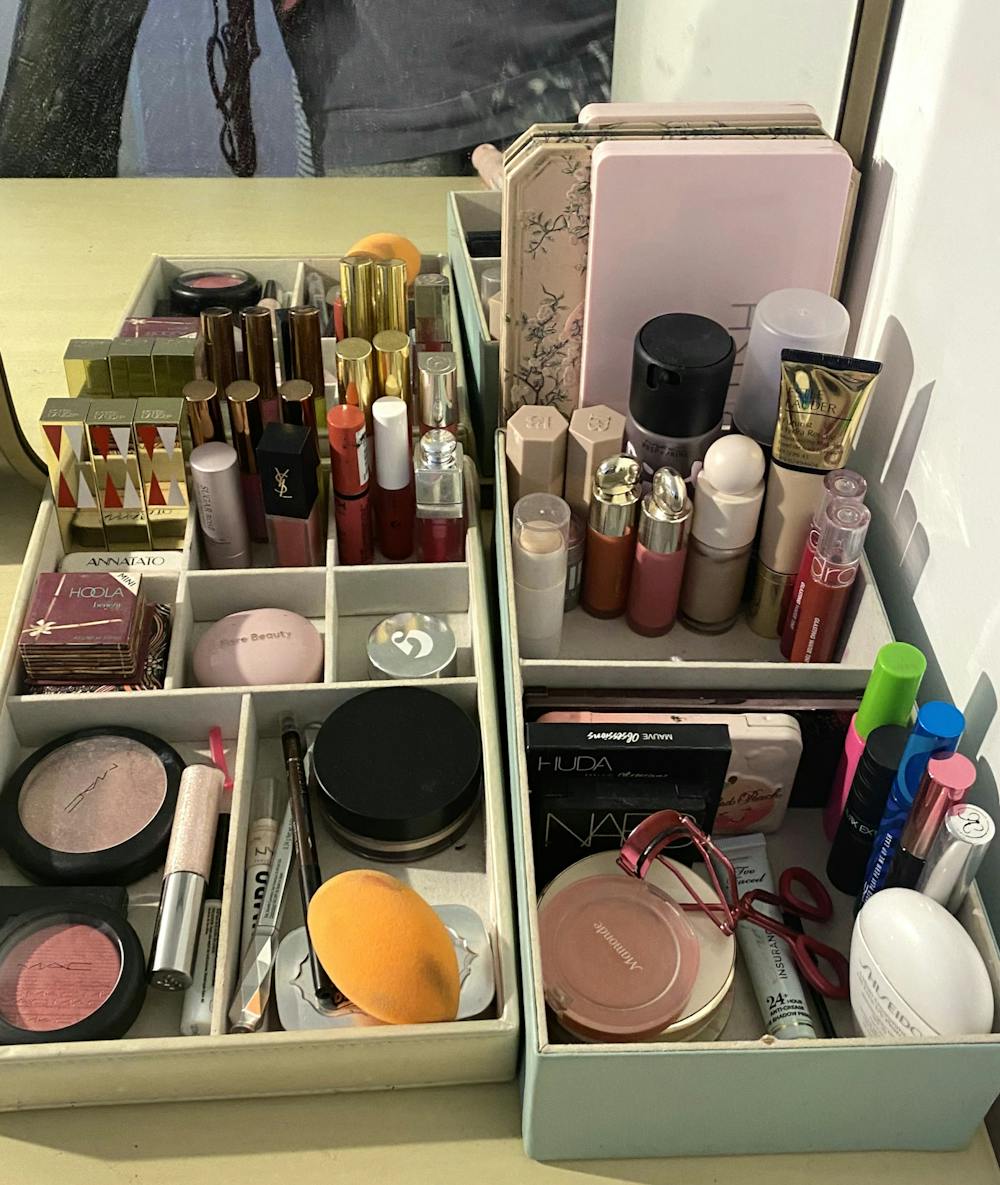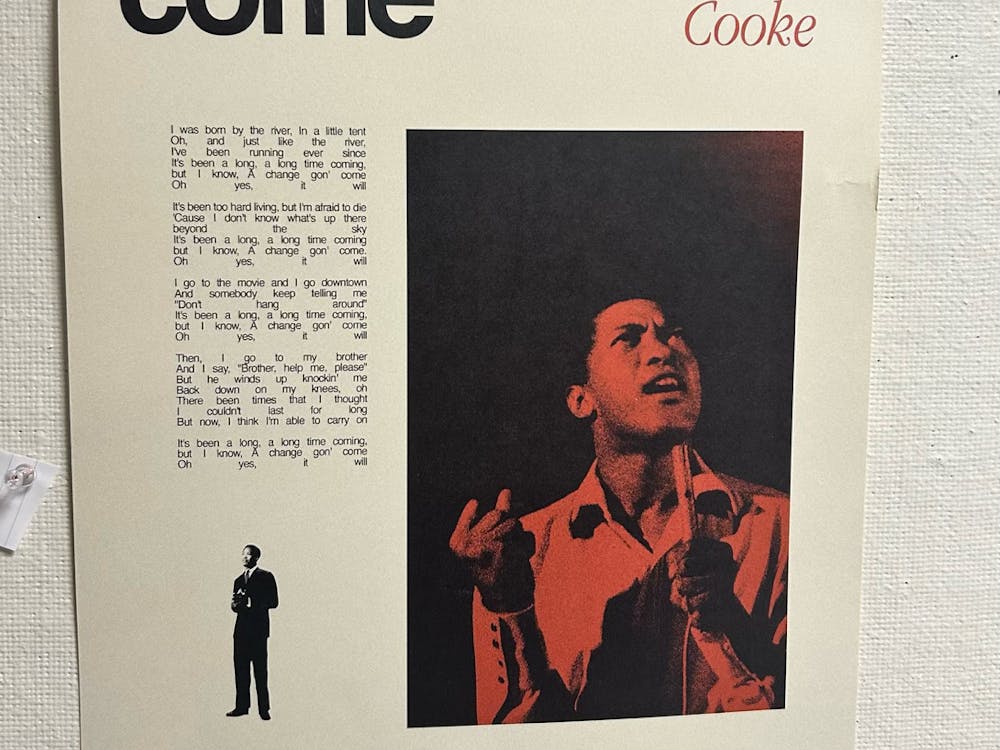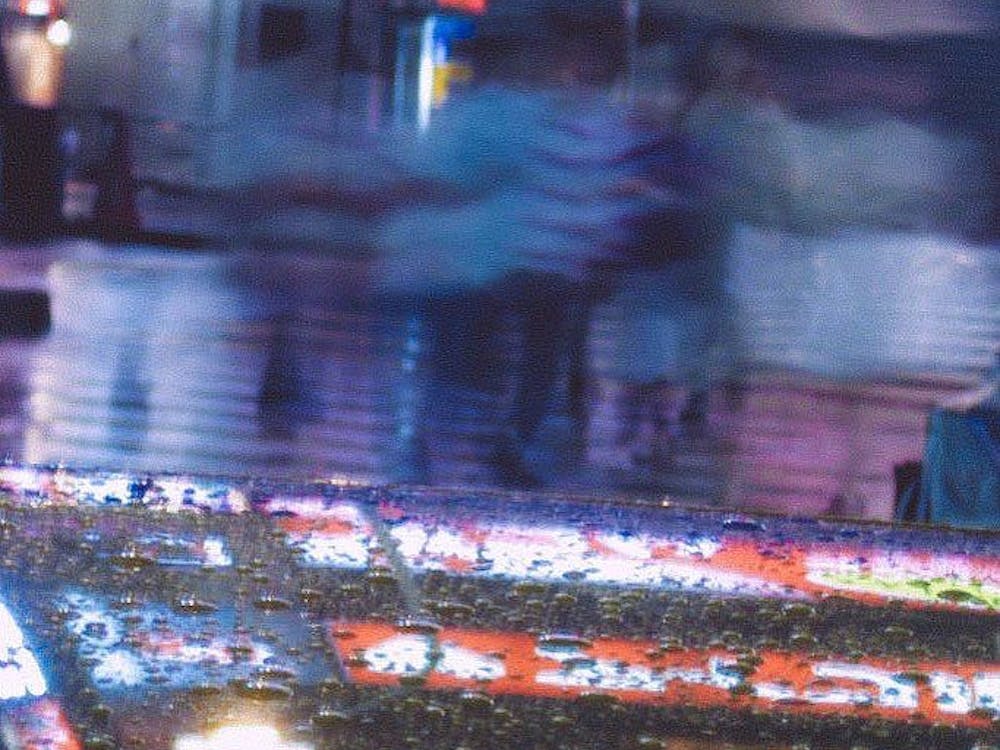Growing up as a girl, I quickly became accustomed to makeovers. Playing dress-up was a favorite pastime; I could become Cinderella or Rapunzel, or perhaps I could just have my mom transform me into a movie star. On TV, The Princess Diaries, Mean Girls and Clueless played on repeat. Going to a sleepover in middle school meant ending the night with straightened hair, a James Charles-inspired makeup look and your best friend’s older sister’s sophomore-year homecoming dress thrown on your body.
Makeovers have always dominated girl and boyhood. But has anyone really questioned why we are so obsessed with makeovers?
Makeovers are equated with success. Whether it is through winning a crown in a beauty pageant or becoming a “better version of yourself,” makeovers have only persisted throughout history because as a society, we love to succeed. We love to be praised. This pattern of makeovers and success can be found in modern culture, from reality TV shows and teen movies to childhood pageants and senior superlatives.
There are dozens, if not hundreds, of reality TV shows based on the concept of makeovers. The Biggest Loser and America’s Next Top Model are two examples of competition-based makeover shows. The Biggest Loser is a more obvious example, as the contestants are literally losing weight and becoming “better looking” in order to win. This show equates winning to transforming your appearance: Beauty wins success and beauty wins praise. Similarly, in America’s Next Top Model, the contestants go through makeovers during the season to become better models. One contestant even went through a hair chemical treatment to straighten her curly hair. These women are told that in order to be successful models, they have to change their appearance. They have to go through a makeover, no matter the cost.
In the popular teen movies I named, each main character’s makeover is completed with the mindset that once they are beautiful, they will become successful. In The Princess Diaries, Mia Thermopolis goes through a makeover to become a proper princess. She couldn’t possibly be ugly and be fit to rule a country, not until after the hair treatment is done, the eyebrows are plucked and the glasses are replaced with contacts. In Clueless, Cher puts Tai through a makeover to help Tai win over her crush. Boys liking girls that wear baggy pants, oversized T-shirts and flannels? Ugh! As if!
But makeovers extend beyond the screen; they start infiltrating our daily lives from a young age. Child beauty pageants are a prime example of makeover culture revolving around success. Young girls from the ages of 0 to 18 alter themselves in order to impress judges and win the competition. Girls will wear fake hair, fake nails and fake teeth and get spray tans, completely changing their natural appearance. Why would someone go through all this trouble? The answer is simple: a makeover means a win.
A person can eventually grow out of the need to go through a makeover to feel beautiful, to feel successful. However, sometimes it’s impossible to escape this idea that is constantly perpetuated by our culture. Senior superlatives are a perfect example of how makeover obsessions continue on. Yes, sometimes these senior yearbook awards are a popularity contest, but they still hold some sort of widespread senior-class belief. The categories of Best Glow Up, Best Smile, Best Dressed all have to deal with appearances. If your look isn’t up to the standard, you aren’t going to win. And the Best Glow Up award is the most problematic when it comes to makeover obsession. It is a backhanded win: Yeah, you were ugly before, but now that you glowed up, you win! These categories teach people that you have to alter some aspect of yourself to receive praise. And that is simply not true.
Makeovers are fun to do at sleepovers or when you’re bored at home. But the obsession society has with makeovers is detrimental to self-esteem; it can contribute to mental illnesses like eating disorders and depression. Equating beauty with success can make a person believe that their personality and individuality are not good enough. No one should feel the need to alter their looks in order to win at life; your own self, the inner part of you, is more than enough to be successful and to receive love and praise. Look at Tai from Clueless: Her makeover didn’t win over the guy — her heart did.
A makeover doesn’t give you success. You earn that on your own. A person’s character, their inner beauty, will always receive the most praise at the end of the day. Inner beauty overpowers the makeover your older sister gave you the same way that inner ugliness will ruin a glow up.





